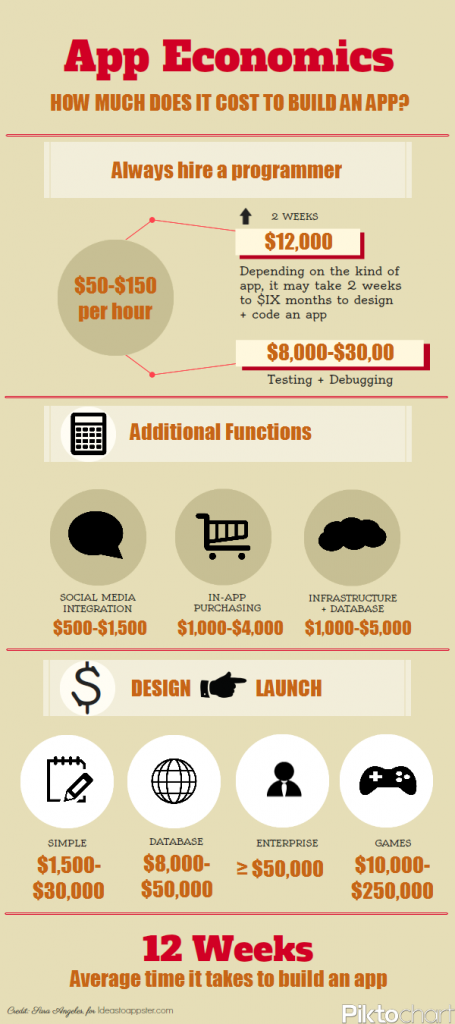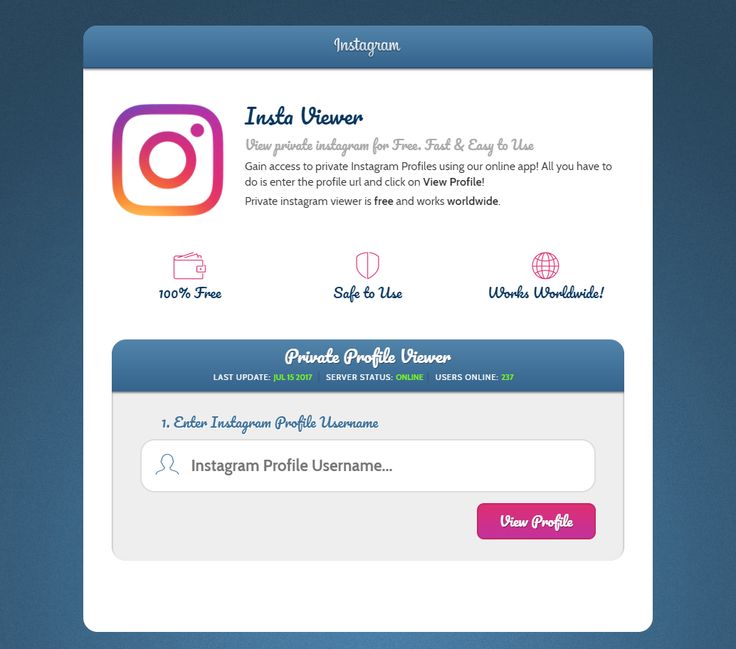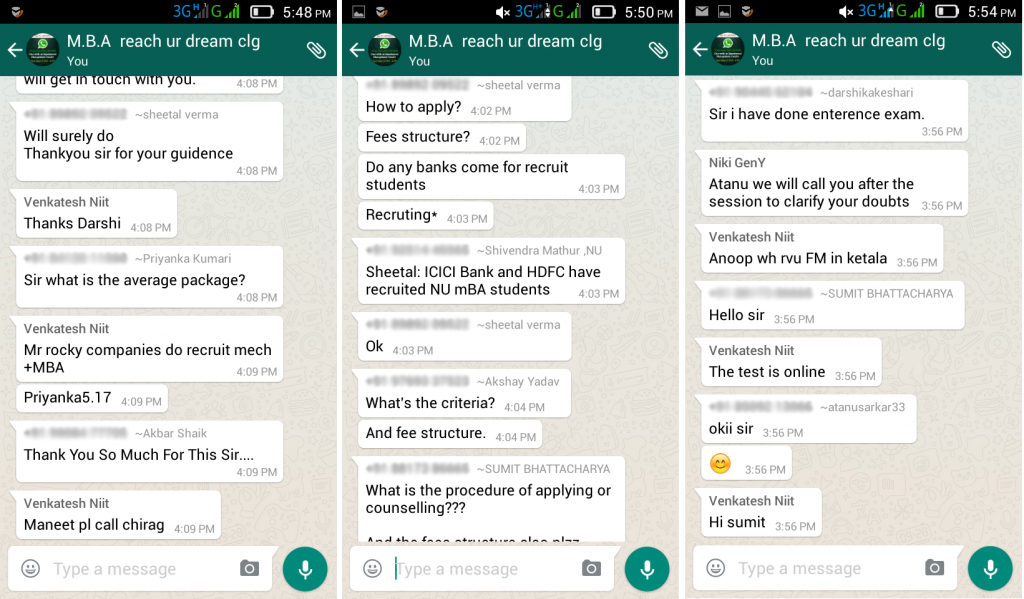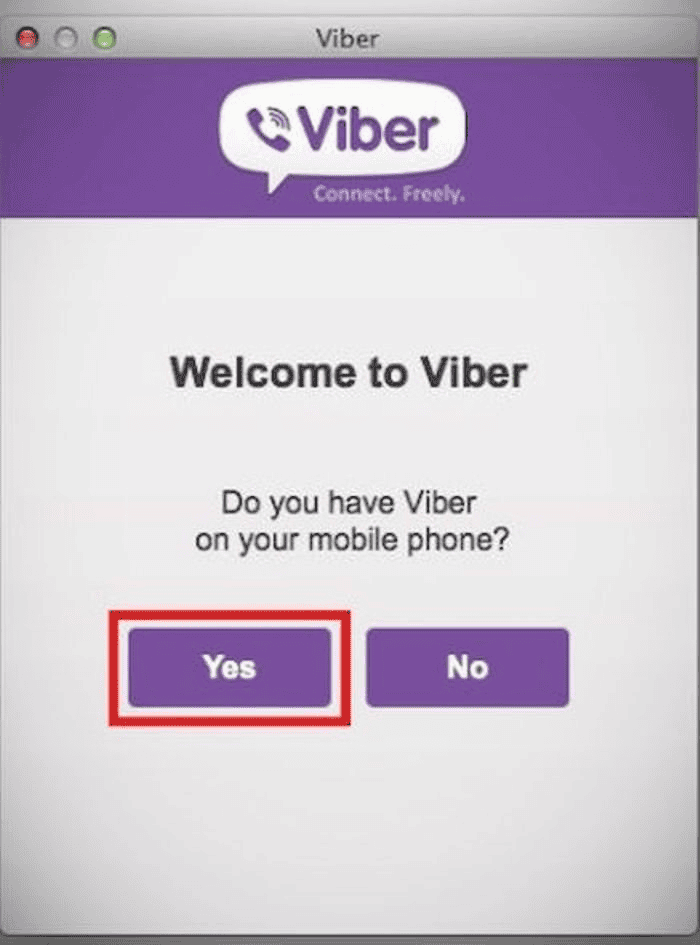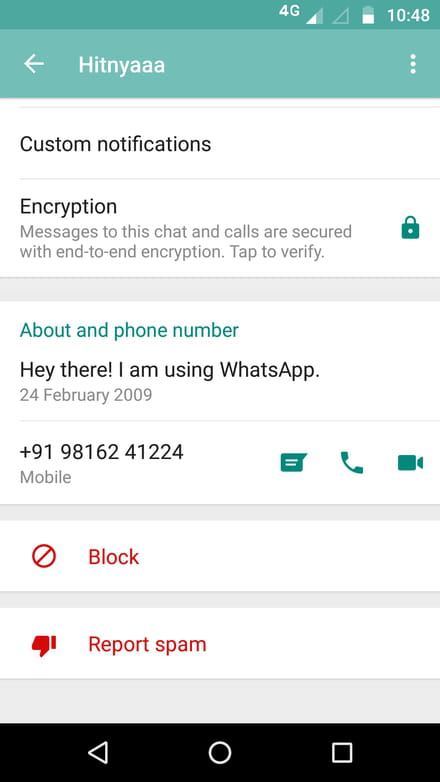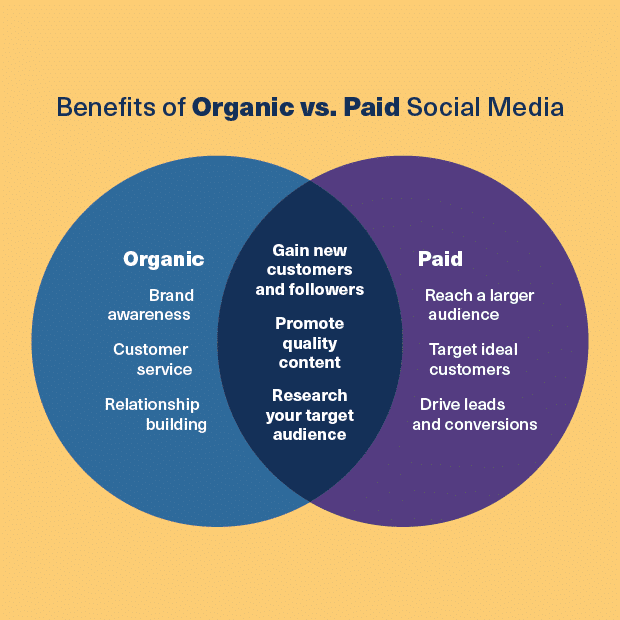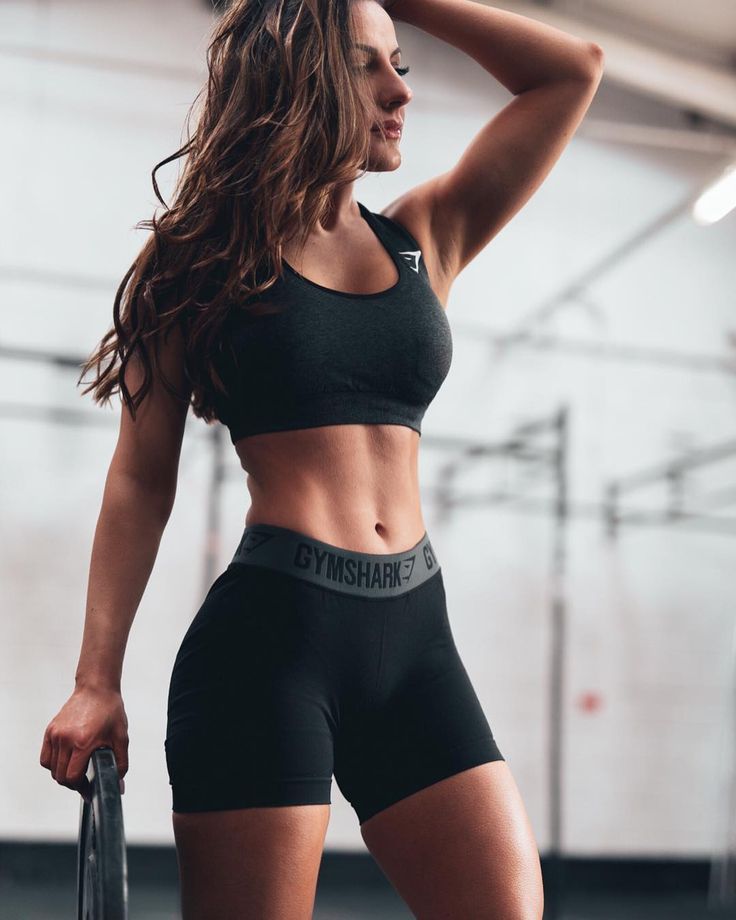How much does instagram ads cost
How Much Do Instagram Ads Cost in 2022? (+ How to Save)
While Facebook and Instagram advertising work using the same Ads Manager, their respective advertising costs vary. With Facebook being around longer, having more data, and more ad placements compared to its younger adopted sibling platform, we do find that more often than not, Instagram is slightly more expensive than Facebook in some instances. While that is the case, don’t let it deter you from exploring this lucrative and effective visual counterpart in the Facebook ecosystem. With fewer ad placements, increased competition for impression share, you may pay slightly more to use Instagram, but you may also pleasantly see it being much more cost-effective than the results you’re getting with Facebook.
Paid advertising is a powerful marketing tool on Instagram and complements what brands are able to do in their Feeds, Stories, and Explore tabs. While Reels and IGTV don’t yet have ad placements, we may very well see them added as placement as the platform continues to scale and the need for more impressions comes about. Like Facebook ads, Instagram ads offer advanced targeting and flexibility so as to be accessible for just about any business. If this visual platform is a popular channel for your target audience, you may want to advertise on Instagram. To help you understand the cost, we’re going to cover:
- How Instagram ads work.
- What makes Instagram advertising worth the price.
- Factors that influence Instagram ad costs.
- Average cost per click, cost per engagement, and cost per thousand impressions on Instagram.
- Ways to keep your Instagram ad costs down
Read on to learn about the workings, advantages, and cost of advertising on Instagram this year.
How do Instagram ads work?
Depending on your campaign objective, ads appearing on Instagram can have up to 18 call-to-action button options, can link to your website, and give users options to download applications or shop online stores.
You don’t actually even need an Instagram account to advertise on Instagram. Since Facebook is its parent company, all you need a Facebook Business Page. However, it is best to have an Instagram account so you can familiarize yourself with content that resonates best with your target audience and complement and amplify your organic Instagram marketing efforts.
Since Facebook is its parent company, all you need a Facebook Business Page. However, it is best to have an Instagram account so you can familiarize yourself with content that resonates best with your target audience and complement and amplify your organic Instagram marketing efforts.
To set up Instagram Ads, use Facebook’s Ads Manager to set up campaigns, ad sets where you select your budget, target audience, ad placements, and optimization options. Similar to Facebook Ads, your ads will run within the selected time frame, budget parameters, audience selection, and optimization goals.
What makes Instagram advertising worth the price?
Advertising on social media brings many benefits, and there are some particular benefits of paying for ad impressions on Instagram rather than simply running campaigns and promotions directly from your business’s account.
Advanced targeting
With over 1 billion monthly users, Instagram ranks second after Facebook. These platforms have an incredibly robust arsenal of targeting data and since Facebook owns Instagram, Instagram advertising utilizes the same comprehensive demographic and geographic data. This advanced targeting is what makes Facebook Ads work so well, as you can be incredibly prescriptive when targeting various audiences. Whether you are utilizing Facebook’s native audiences based on interests, behaviors, or other demographics, or utilizing your own custom audiences that utilize your Pixel or SDK, email lists, or other sources, you can find success in reaching the right people in your prospecting and retargeting campaigns.
This advanced targeting is what makes Facebook Ads work so well, as you can be incredibly prescriptive when targeting various audiences. Whether you are utilizing Facebook’s native audiences based on interests, behaviors, or other demographics, or utilizing your own custom audiences that utilize your Pixel or SDK, email lists, or other sources, you can find success in reaching the right people in your prospecting and retargeting campaigns.
Higher engagement rates
Instagram is known for its high engagement rates—organically and through paid ads. Images on Instagram receive an average of 23% more engagement than when shared on Facebook. When it comes to organic engagement, brands on Instagram say that they have about 4% of their followers seeing their content compared to the nearly non-existent organic reach that Facebook has today. While it’s better, it’s still wise to pay to play in order to expand your reach and visibility with paid ads. While any form of visual content can perform well, brands typically see more engagement on video ads—about 38% more. As a visual platform, images and videos are powerful in driving more engagement than on other more text-based social platforms.
As a visual platform, images and videos are powerful in driving more engagement than on other more text-based social platforms.
External links
Instagram does not currently allow clickable links in organic posts. You can include a link in your caption or message, but the recipient has to copy and paste it into their browser or visit the link in your Instagram bio. With Instagram advertising, you can include outside links, which enables you to designate a destination URL to your website or another external URL. To be able to better track website traffic from your Instagram Ads, it’s recommended to use your own domain as you should have your Pixel implemented there, whereas you may not have it on other website URLs that you don’t control.
Longer videos
Instagram Feed and Explore video can be up to 60 seconds in duration and while Stories are typically up to 15 seconds in duration, if you run ads in these three ad placements, you can have up to 2 minutes of video content. This gives you more opportunity to convey both your brand and the features and benefits of your offer through your products and/or services.
This gives you more opportunity to convey both your brand and the features and benefits of your offer through your products and/or services.
How much do Instagram ads cost?
Let’s take a look at the average cost per click, cost per engagement, and cost per thousand impressions on Instagram.
Instagram cost per click (CPC)
For all metrics, Instagram cost per click in 2021 ranges from $0.40-$0.70. This takes into account all clicks that happen on an ad, which includes not only link clicks, but likes/reactions, comments, and shares.
For ads that have a destination URL, Instagram cost per click in 2021 ranges from $0.50-$0.95.
Instagram cost per engagement (CPE)
Instagram cost per engagement in 2021 ranges from $0.01-0.05.
Instagram cost per thousand impressions (CPM)
Instagram cost per one thousand impressions in 2021 ranges between $2.50-$3.50 for better-performing campaigns and their respective ad sets.
When it comes to CPMs, our findings show that Facebook tends to be higher than Instagram, by nearly 2x but CPCs tend to be lower by nearly half on Facebook compared to Instagram.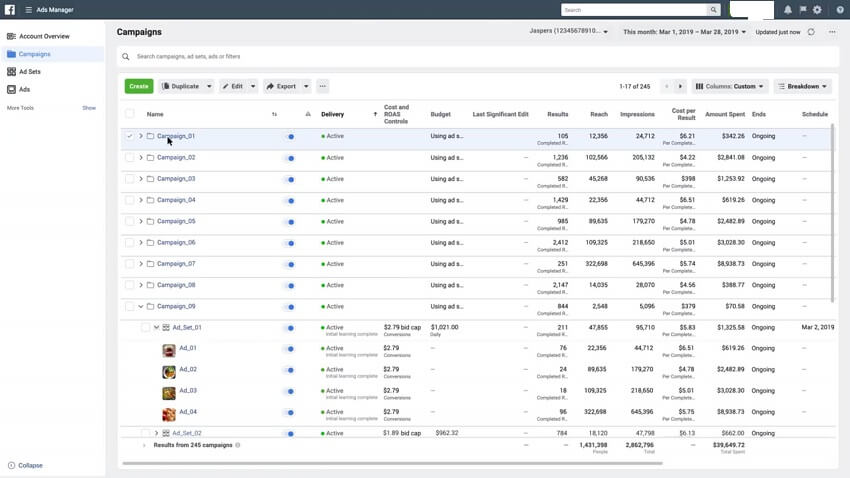
Image via AdEspresso
Facebook vs Instagram advertising costs
While Facebook and Instagram advertising work using the same Ads Manager, their respective advertising costs vary (see how much it costs to advertise on Facebook in 2021 here). With Facebook being around longer, having more data, and more ad placements compared to its younger adopted sibling platform, we do find that more often than not, Instagram is slightly more expensive than Facebook in some instances.
While that is the case, don’t let it deter you from exploring this lucrative and effective visual counterpart in the Facebook ecosystem. With fewer ad placements and increased competition for impression share, you may pay slightly more to use Instagram, but you may also pleasantly see it being much more cost-effective than the results you’re getting with Facebook.
Factors that influence Instagram ads costs
Similar to other platforms, Instagram ad pricing is influenced by a number of variables.
Campaign objective
Campaign objectives can cause your advertising costs to be automatically higher or lower, depending on which you choose and how it relates to where your target audience is in the funnel.
For example, if you select a brand awareness campaign objective, it will be lower in cost than something lower down the funnel and that has a higher value objective, such as conversions. Having broader, colder audiences see your ad to drive brand awareness is a lower-value action compared to targeting a user further down funnel—who are more familiar with your brand and offerings, and ready to open their wallet or take a higher-value action.
Audience size
If you are targeting broader audiences, they are typically lower in cost as there is less competition for a group of people. As you narrow your audiences, perhaps by reducing their geotargeting or age ranges, you may see the price go up as competition for those eyeballs increases in parallel. Retargeting audiences are typically smaller as well, hence why we often see higher costs in retargeting campaigns.
Budget
Budget also influences Instagram ad costs because if you have a small budget, it may take longer to get out of the Learning Phase if your campaign or ad set is starting anew. Costs may be more expensive at first before the system learns and understands your campaign type and optimization goals, and how your audience engages with your ads. If your ads are well engaged with, Facebook and Instagram will reward you with lower costs over time.
Click-through rate
If CTR is low, then we may see higher costs as the system thinks there may be some disconnect between your target audience and what you’re messaging in your ads. You want your ads to resonate with your target audience and CTR Is a strong indicator of that. Aim for a healthy CTR which is about 2%. If you have a healthy CTR, you should see your costs decrease.
How to lower your Instagram ads costs
Make the most of your budget by selecting funnel-appropriate campaign objectives to start. If you are targeting colder, broader, prospecting audiences, test less expensive campaigns to introduce your brand to audiences with an awareness, engagement, or better yet, a website traffic campaign so that these users leave Instagram and get to your website and tagged with the Pixel so you can later retarget them if they don’t convert on that first click. If you’re new to Instagram Ads, you can drive sales from the first interaction and click, but more often than not, users will need to have several interactions with your brands in order to develop trust, perhaps do some shopping and comparing, and then come back to you through retargeting or other means to open up their wallets. If you have a low-cost product that doesn’t need much research, impulse buys can be successful from Instagram.
If you are targeting colder, broader, prospecting audiences, test less expensive campaigns to introduce your brand to audiences with an awareness, engagement, or better yet, a website traffic campaign so that these users leave Instagram and get to your website and tagged with the Pixel so you can later retarget them if they don’t convert on that first click. If you’re new to Instagram Ads, you can drive sales from the first interaction and click, but more often than not, users will need to have several interactions with your brands in order to develop trust, perhaps do some shopping and comparing, and then come back to you through retargeting or other means to open up their wallets. If you have a low-cost product that doesn’t need much research, impulse buys can be successful from Instagram.
Another way to lower your Instagram costs is to use automatic placements in the ad set level and serve across both Facebook and Instagram. By having more placement liquidity, the system can use its algorithm to determine where to best serve your ads, thus giving them more options across both platforms and more ad placements, thus, lowering competition on Instagram’s three current ad placements, thus lowering your costs.
You will also want to test audiences with different ad variations by testing the different lines of ad copy and creatives – images and videos. By running tests, you can learn what resonates with your audiences and it can help improve your engagement rates and CTR, thus, also helping lower your costs and making your budget go further.
How much do Instagram ads cost? [recap]
Instagram continues to grow and the advertising options only become more robust. It’s not yet saturated and it’s safe to assume that more ad placements will come our way.
Give Instagram Ads a test and see how it fairs in comparison to Facebook Ads and other advertising platforms you may be running on. It may end up being an important part of your funnel by driving more brand awareness and engagement or it may end up bringing a primary source of revenue.
- Instagram ads cost per click: $0.40-$0.70 (link clicks, likes, reactions, comments, shares)
- Instagram ads cost per click to destination URL: $0.
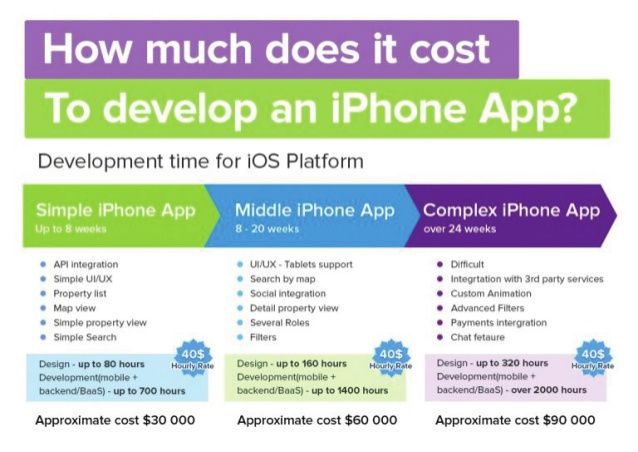 50-$0.95.
50-$0.95. - Instagram ads cost per engagement: $0.01-0.05.
- Instagram ads cost per thousand impressions: $2.50-$3.50
Want more cost information? Check out similar posts:
- How Much Does Google Ads Cost?
- How Much Do Facebook Ads Cost?
How Much Do Instagram Ads Cost in 2022? In-Depth Guide from K6
Instagram has more than 1 billion active monthly users. This platform offers an incredible opportunity to communicate with potential leads interested in your products or services. You can generate even more leads and grow your business by using Instagram Ads.
But how much do Instagram Ads cost?
Instagram Ads cost depends on your bidding model, such as cost-per-click (CPC) or cost-per-impression (CPM).
Typically companies on average pay, $0.50 to $1 per link click. In highly competitive industries, like apparel, you’ll pay more. The cost of Instagram ads may go up to $3.00 per click.
Instagram Ads is still new to some companies that run social media advertising campaigns. Our goal is to help your company with some strategic tactics. If you’d like to learn more about Instagram ads, keep reading!
This guide will help you understand the cost of Instagram ads, how it compares to Facebook ads, how the cost is determined, and much more!
How Much Does an ad cost on Instagram?
One of the most pressing questions from advertisers who are interested in Instagram advertising is how much does a click or conversion cost?
Let’s take a look at what various resources say.
AdEspresso found that the Instagram average cost-per-click is $0.80.
On average cost-per-click Instagram ads, are between $0.70 and $1.00.
There are however many elements that affect the cost of your Instagram ads.
The cost of Instagram ads ultimately comes down to the audience you are targeting that’s why knowing your Instagram demographics is so critical. à
à
The going rate for Instagram Ad post design can vary depending on your experience, portfolio, and location. In general, you can expect to charge anywhere from $50-$200 per post. Instead of Creating the post use user-generated content and showcase customer centric images to increase sales.
For Example – Toyota increased its ad engagement by 440% using UGC with the launch of Feeling The Street – a global campaign highlighting and celebrating the world’s best street performers.
Instagram DemographicsAs you can see in the diagram above, women are much more active than men on Instagram. This leads to higher CPCs for targeting female audiences. Age demographics, however, paint quite a different picture.
Most Instagram users are under 50. The following image shows the average cost per click (CPC) for Instagram ads in 2017 across all age ranges goes from $0.70 to $0.80, according to AdEspresso. Also, it highlights that the highest CPC age groups are 18-24, 25-34, and 35-44-year-olds.
CPC estimates vary based on the campaign. For instance, ad costs for Instagram will likely rise during major events or holiday like Black Friday, Thanksgiving, Labor Day, and Cyber Monday.
Instagram Ads compared to Facebook Ads
Facebook and Instagram are two of the most successful social media advertising platforms out there, which is why comparing the two makes sense. Which platform offers your business the most cost-effective option, and gives the best network to reach your audience?
| Social Network | CPC | CPM (cost per thousand impressions) |
|---|---|---|
| $0.20-$2.00 | $6.70 | |
| $0.97 | $7.19 |
In addition to assessing the expense of Instagram and Facebook Ads, it’s important to look at each platform’s demographics. While Facebook can target almost any age group, Instagram thrives when it comes to targeting audience members who are 25 to 29 years old.
While Facebook can target almost any age group, Instagram thrives when it comes to targeting audience members who are 25 to 29 years old.
Focus your efforts on the social media platform which provides the most value and best results for your ad campaign. Even if you can advertise on one site for less, you can miss the opportunity to connect with shoppers and leads that matter.
From a study done by Rival IQ, where they analyzed 2,100 of the most engaging brands and companies. As shown in the image below, Rival IQ found that out of all social media platforms, Instagram had the highest engagement rate. This means that even if you have to pay a little bit more, your insights will be better in the end.
Rival IQ studyShopify did a marketing report that shows Instagram users spent $65 on average compared to Facebook, where users only spent $55 per referred sale.
Shopify Marketing Report on Average Order ValueHow Instagram Ads Cost Is Determined
While determining ad costs, Instagram follows the same guidelines as its parent company, Facebook. This means that you will be launching a worldwide competition for people’s attention when you launch an Instagram ad campaign.
This means that you will be launching a worldwide competition for people’s attention when you launch an Instagram ad campaign.
There are four main factors that decide how much you will pay:
Bid Amount
Your bid amount determines how much you spend on an Instagram ad campaign. You have to decide how much you are willing to pay to get leads. The value of your bid also affects how much you pay.
Instagram has higher bid rates; you will want to be ready to pay more for clicks and impressions.
Let’s say you only have $500 in your budget and your bid amount is $2 per click, you get only 250 clicks on your ad. But, a $1,000 budget with a $2 CPC gets you 500 clicks. Having a bid amount of $0.50 in the same scenario would allow even more clicks with those two budget amounts.
Relevance Score
Your ad relevancy score will also affect the cost of your Instagram ads. Your relevancy score is how relevant your ad is to Instagram users who will see your ad.
Instagram strives to give users relevant content in their feed. They’ll base your score on how users respond to your ad.
Estimated Action Rates
The estimated action rates will also affect your Instagram ad cost. According to Instagram, the rate is dependent on the probability of users acting on your ad. Basically, they want to gather how likely your audience will interact with your ad.
These interactions include actions such as clicking and converting. Instagram wants to promote ads they think users will engage with and connect with.
If Instagram believes it’s likely that more people will interact with your ad it will be put first. This means you will get a lower bid amount, which will help you gain more leads and conversions.
Competition
Competition will always affect the price of your Instagram ads. When you try to reach a specific demographic of people, there will always be competitors trying to reach that same group. Your competition could cause the cost of your Instagram ads campaign to change.
If other people are bidding to target the same audience, this can lead to a bidding war. Businesses will need to outbid each other to get the top spot. This means that your CPC might go up trying to bid against competitors.
There are a few additional factors:
- Holidays and events: Competition during holidays, especially Christmas, is significantly high. More businesses are competing to achieve desirable leads that push CPC upwards. You will need to recognize holidays and events around the time when you run your ad and budget for it.
- Day of the week: Instagram users engage more on weekdays than on the weekends. This means you should plan to pay more for running an ad on a Tuesday compared to a Sunday.
- Gender: Advertising to females ends up costing more than males. Females are more likely to interact with and engage on Instagram, so getting to female viewers will cost you more.
- Target Market: The market that you aim to reach for influences the cost of your Instagram ad.
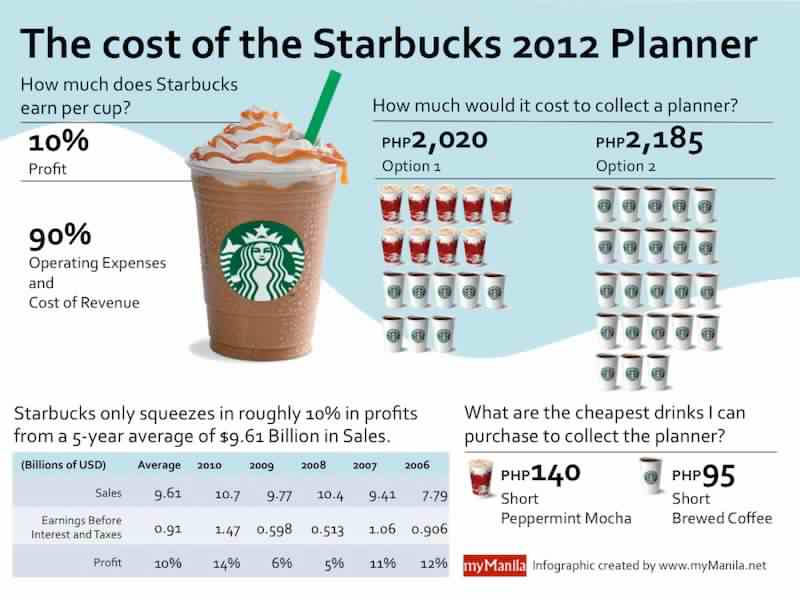 It’s more expensive for B2B companies to run ads because Instagram has fewer businesses than people. Due to high competition some industries, such as apparel, are more expensive.
It’s more expensive for B2B companies to run ads because Instagram has fewer businesses than people. Due to high competition some industries, such as apparel, are more expensive.
Even though Instagram ads are more expensive, advertisers do have control over how they allocate their budgets. You can choose, for example, between a daily budget to restrict the amount spent every day or a lifetime budget, which is when you set up your ads to run for a specific length of time before the budget is gone.
How Do Instagram Ads Work?
Instagram ads are paid content that appears in Instagram stories and news feeds. Instagram ads are aimed at users that are likely interested in your product or services.
People see Instagram ads that are based on their demographics and interests. Such advertisements are designed to effortlessly blend into the point that users don’t even recognize them as advertisements
There are two indicators that posts are paid advertisements. The first indicator is the world “sponsored” that is under the company’s name.
The first indicator is the world “sponsored” that is under the company’s name.
The second indicator is the call-to-action (CTA) seen at the bottom of the post. Typically, these have phrases like “shop now,” “learn more,” or “book now,” depending on the goal of the campaign.
Biossance call-to-action adHow To Lower Instagram Ads Cost?
When it comes to social media advertising, you want to do whatever you can to reduce advertising costs. Below are a couple of best practices that can help you reduce the expense of your Instagram ads and maximize your return.
1. Use Automatic Bidding
If you haven’t used Instagram ads before, using automatic bidding for your campaign is beneficial. For you, it’s a simple way to get a bid that’s right for your campaign.
Automatic bidding is the best way to go if you don’t have any historical data informing you of a good CPC to set for your campaign. This will help you determine the bid amount that matches your campaign.
This will help you determine the bid amount that matches your campaign.
By using automatic bidding, you are preventing your company from overbidding to run an ad. The shortage of previous data can make it tough for you to know the right bid amount. You might bid more than you need to.
Automatic bidding is a smart way to minimize the expense of your Instagram ads.
2. Use Precise Targeting
When setting up your Instagram ads the goal is to target people who would be interested in your products or services. Use precise targeting to reach your desired audience
Instagram lets you target people by:
- Location: You can target people based on their geographic location. It can be as broad as a country or as specific as postal code.
- Demographics: The most common way to target leads is through demographic information. This information includes gender, age, and race.
- Interests: As people communicate on social media, you see where their interests lie.
 Whether it’s design or tech, you can target people directly based on what they like.
Whether it’s design or tech, you can target people directly based on what they like. - Habits: When someone takes particular steps to browse your website, based on those behaviors, you can target them.
By using precise targeting, you will reach more people who are interested in your products and services. This means that your ad copy will become even more relevant to them, helping you get a higher ad rank and a lower CPC. This would also result in a rise in sales which will help cover the costs of running the campaign.
3. Set Goals
Setting goals will help maintain focus on what you want to accomplish with your advertisement.
There are three main goals you should focus on attaining with your Instagram Ads:
- Awareness: You should concentrate on growing awareness about your company, brand, product, app, or service through an awareness campaign. You want to call attention to it, and help people be familiar with it.
 For this goal, you will focus on running a CPM campaign.
For this goal, you will focus on running a CPM campaign. - Consideration: If your goal is consideration, then you will focus more on educating your audience. You’ll want to give more persuasive information to your audience, which will get them to convert. To this end, you will focus on earning clicks, views, and leads.
- Conversion: Many businesses aim to get their customers to buy their goods, install their apps, or use their services. If you focus on conversions for your campaign goal, you want to have a persuasive copy that will get your audience to buy your products or use your services right away.
You will have a much more cohesive campaign, by setting goals. Effective ad copy leads to greater interaction and conversions.
4. Make Relevant Landing Pages
Most businesses make the mistake of directing leads to their home webpage after clicking on their Instagram ad. This does not promote engagement, since, people are not led to an ad-relevant landing page. If a user is taken directly to the product they see in the ad, they are more likely to convert.
If a user is taken directly to the product they see in the ad, they are more likely to convert.
When a customer is taken to the product directly, they are more likely to convert. This will help recoup the costs of running your campaign.
5. Test Your Ad
You must test your ad to make sure you put out the best version possible. Testing your ad lets you make a more relevant copy of the ad. Relevant ad copy means you will have a higher ad spot, leading to a lower CPC.
How To Launch Instagram Ads
There are three ways to start running ads:
1. Instagram App
You can share posts that you’ve already generated on Instagram by accessing ads in the Instagram app. You go into the app and choose the post that you want to promote. Once the post is selected, it can be launched as an ad.
You can start monitoring how many people see your post and engage with it once you have launched your promoted post.
Instagram Ads uses the same Ad Manager tool as Facebook. It’s simple and secure if you’d like to run ads through this program.
It’s simple and secure if you’d like to run ads through this program.
By using Ads Manager, you can organize your campaign, make adjustments to your campaign, and measure the progress. It’s a good way to run an advertising campaign for Instagram.
3. Instagram Partners
If you do not have a lot of time or need extra support, you have the choice of using Instagram partners. You’re working with proven experts with Instagram partners, who are vetted by Instagram. They’ll help you purchase ads and deliver valuable creative results. For companies that don’t have the experience, it is a perfect alternative.
Check out our list of Killer Instagram Ad Examples of 2020 for some inspiration and more tips for your future ad campaigns. We’ve spilled tons of secrets that are sure to help you up your Instagram ads game.
If you’re ready to begin earning more valuable leads with your Instagram ad campaign and maximize your Instagram advertising costs, don’t hesitate to reach out to our Instagram ad agency.
Are Instagram ads worth it in 2021?
Instagram ads are definitely worth it if you’re a brand selling physical products that are visually appealing. In the context, most people go to Instagram to buy fashion items. It has become a marketplace for inspiration.
It’s why we don’t recommend Instagram ads for every brand but as a rule of thumb, if you are selling to consumers then you should advertise on Instagram. From Internet service providers to camping equipment, Instagram is the ads platform to be if you want to gain more visibility and sales.
Is paying for ads on Instagram worth it? Yes, we truly believe so. After having helped hundreds of brands grow with Instagram ads, we’ve seen its potential. It’s a very competitive market. You might do it yourself and be highly unprofitable.
Don’t hesitate to reach out if you need consulting advice or someone to take care of your Instagram ads campaign. It’s what we love the most!
❗Paid advertising on Instagram and how to use it effectively
Even though Facebook and Instagram ads are set up using the same Ads Manager control center, the advertising costs differ on these social networks.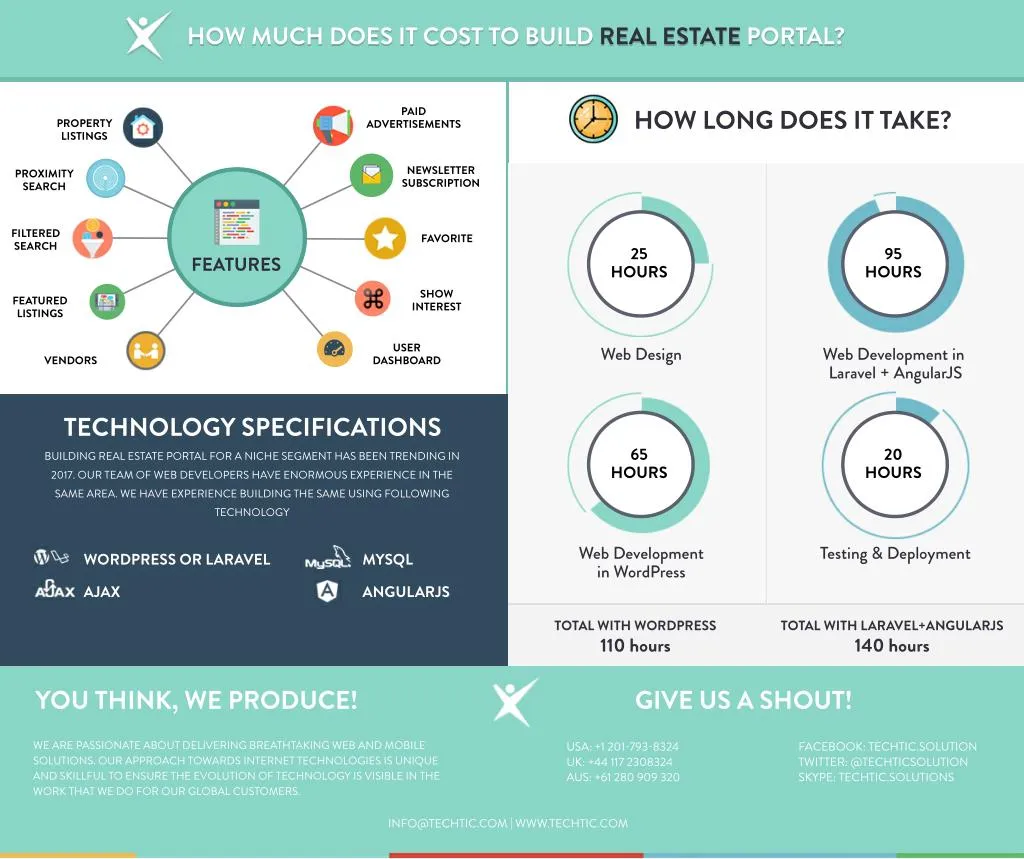 Because Facebook has been around longer, has more data and more ad space than its younger sibling, Instagram will indeed cost a bit more in some cases. But this fact should by no means be a reason to refuse to explore the possibilities of such an attractive and effective application that perfectly complements the Facebook ecosystem. Using Instagram may be slightly more costly due to fewer ad spaces and increased competition for impression share, but in terms of overall performance, it can also significantly outperform Facebook.
Because Facebook has been around longer, has more data and more ad space than its younger sibling, Instagram will indeed cost a bit more in some cases. But this fact should by no means be a reason to refuse to explore the possibilities of such an attractive and effective application that perfectly complements the Facebook ecosystem. Using Instagram may be slightly more costly due to fewer ad spaces and increased competition for impression share, but in terms of overall performance, it can also significantly outperform Facebook.
Paid advertising on Instagram is a powerful marketing tool that complements the ability of companies to fill the feed, stories and "Interesting" section.
As the platform matures and the need for more impressions arises, ads may well be added to the Reels and InstaGram TV services.
Advertising on Instagram, just like on Facebook, has flexible settings and advanced targeting functions, which makes it available for almost any business. If this visual platform is popular among a certain target audience, then you should think about placing ads there. To help guide you, the following questions will be discussed below:
If this visual platform is popular among a certain target audience, then you should think about placing ads there. To help guide you, the following questions will be discussed below:
- How does Instagram advertising work?
- Why is she worth the money? How to get the most out of your ad budget
How does advertising work in Instagram ?Depending on the purpose of the campaign, advertising broadcast on Instagram can:
- have up to 18 call-to-action button options;
- transfer the user to a specific site;
- allow users to download applications or make purchases in online stores.
You don't even need an account. Since the service is owned by Facebook Inc, the only thing required is a Facebook business page. However, the benefit of having an Instagram account is still there: thanks to it, it will be possible to get acquainted with the content that best suits the preferences of the target audience, as well as complement and improve the marketing efforts undertaken.
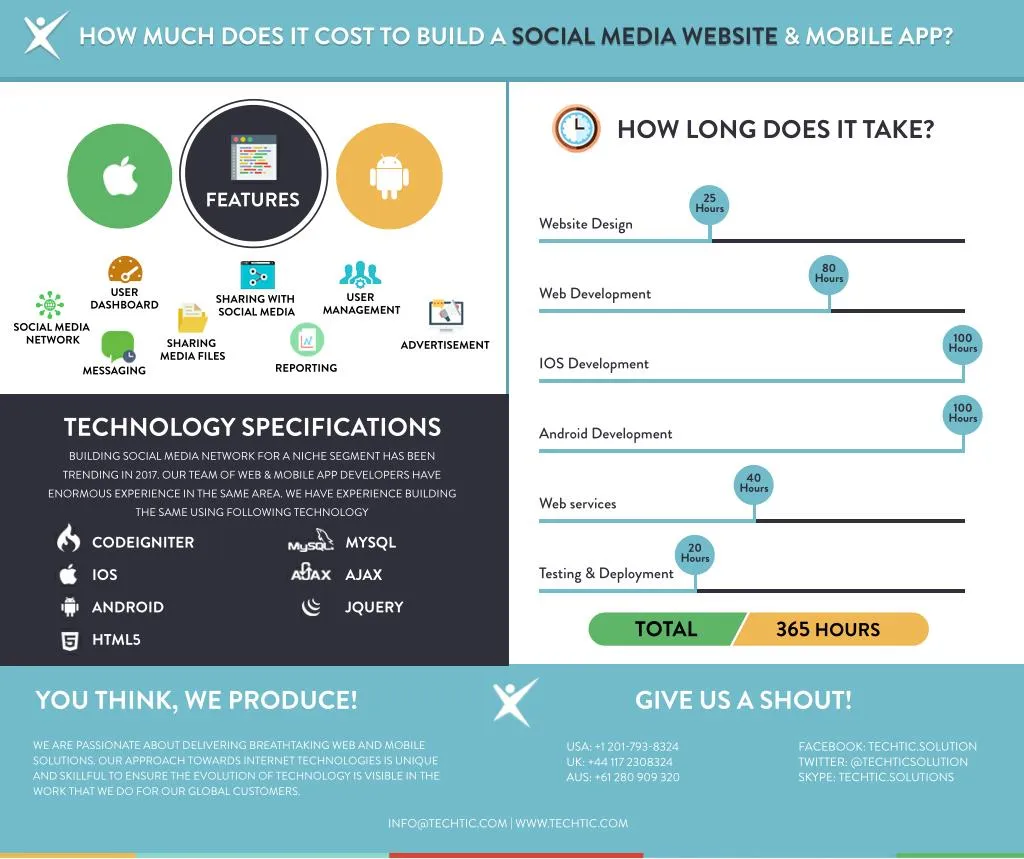
Use the Ads Manager tool to configure your future ads. With it, you can set up advertising campaigns, ad groups, for which you can specify the size of the budget, select the target audience, ad placements, and optimization options.
As with Facebook, Instagram ads will perform according to your chosen time frame, budget, audience, and optimization goals.
Why advertising at Instagram worth the money?Social media advertising is very useful, in particular the payment for advertising impressions on Instagram, which is especially beneficial compared to the usual running of campaigns or promotions directly from the organization's account.
Advanced targetingWith a monthly audience of over 1 billion users, Instagram is second only to Facebook. Both platforms have an incredibly powerful arsenal of targeting data, and since Instagram is part of Facebook, Instagram ads take full advantage of a combined array of demographic and geographic statistics.
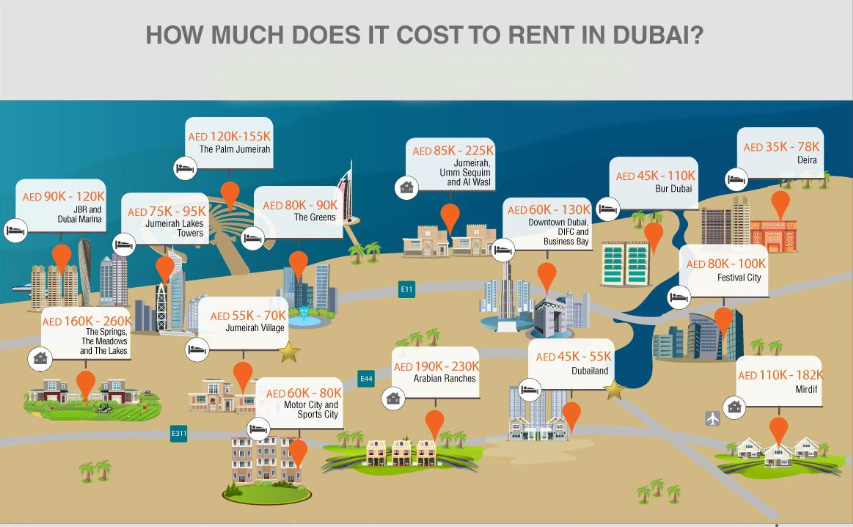 Facebook ads are highly effective precisely because of advanced targeting, which provides the opportunity for fine-tuning when focusing on different consumer audiences. Whether used:
Facebook ads are highly effective precisely because of advanced targeting, which provides the opportunity for fine-tuning when focusing on different consumer audiences. Whether used: - native Facebook customizations suggested based on interests, behaviors and other demographics,
- or building your own custom audience using Facebook Pixel toolkit or SDK, email lists, other sources, it is possible to succeed in attracting the right people in the process of conducting retargeting campaigns and finding new customers.
Higher engagement ratesOne of the factors behind Instagram's popularity is its high engagement rate, both organic and through paid advertising.
Images posted on Instagram get 23% more attention on average than on Facebook.
In terms of organic engagement, Facebook has almost no organic reach, while the content of large companies that are present on Instagram is regularly viewed by about 4% of followers.
 While it's better than nothing, it's a smart move to invest more in paid advertising to increase your visibility and reach. Decent results can be achieved using any form of visual content, but video advertising is more attractive in terms of engagement (by about 38%) for many businesses. Images and videos that form the visual basis of Instagram are much more effective in attracting attention compared to platforms degrees focused on textual representation of information.
While it's better than nothing, it's a smart move to invest more in paid advertising to increase your visibility and reach. Decent results can be achieved using any form of visual content, but video advertising is more attractive in terms of engagement (by about 38%) for many businesses. Images and videos that form the visual basis of Instagram are much more effective in attracting attention compared to platforms degrees focused on textual representation of information.
External linksInstagram does not currently support hyperlinks in regular posts. You can include the link in the header or body of the message, but the recipient must manually copy and paste it into their browser or follow the link in the profile description. When you connect paid advertising, you can add external links, which allows you to specify a specific website or other external URL as the target address. To be able to better track conversions from Instagram ads, it is recommended that you use your own site with a pre-configured Facebook Pixel, as it may not be available on third-party sites.

Longer videosVideos can be up to 60 seconds long in the feed and Explore tab, and up to 15 seconds in story mode. Accordingly, if advertising is launched in all these places at once, then in total you can get up to 2 minutes of video content. This gives more opportunities to present not only the brand itself, but the features and benefits of the offer through a visual presentation of products and / or services.
How much will advertising cost?If there is a target URL, the cost per conversion for the Link Clicks metric will range from $0.50 to $0.95. The CPC for the "Clicks (all)" metric is slightly lower, ranging from $0.40 to $0.70.
This metric takes into account all clicks on an ad, including not only clicks, but also likes, reactions, comments and reposts. In terms of cost per thousand impressions (CPM), starting January 1, 2021, you will need to spend at least $2.
 50 - $3.50 to run the most effective campaigns with eligible ad sets. Engagement costs will be $0.01 - $0.05.
50 - $3.50 to run the most effective campaigns with eligible ad sets. Engagement costs will be $0.01 - $0.05. The data also shows that CPMs on Facebook are almost 2 times higher than on Instagram, while CPCs are typically half as much.
Pricing FactorsInstagram ad pricing, like other platforms, depends on a number of variables. The costs can vary significantly depending on what is chosen as the goal of the advertising campaign, and how this goal correlates with the position that the target audience occupies in the sales funnel. If the goal of the campaign is to increase brand awareness, then it will cost less than the action located lower in the funnel and, accordingly, with more value (for example, conversions). Showing ads to a wide and cold audience to better educate them about the brand will be less valuable than when a certain number of potential customers familiar with the product and offers have already moved closer to the bottom of the funnel.
 These people are willing to shell out or take a higher value action in a retargeting-focused conversion campaign that can be optimized for purchases.
These people are willing to shell out or take a higher value action in a retargeting-focused conversion campaign that can be optimized for purchases. Other variables that play a role in determining advertising prices include audience size. Reaching a wider audience will generally be cheaper as there is less competition for groups of people. And vice versa, as the audience narrows, for example, due to the clarification of geotargeting parameters or age limits, the price will grow in parallel with the increase in competition for its representatives. Retargeting audiences are usually small too, which is why retargeting campaigns often come with higher costs.
Pricing is also affected by the size of the budget. If it is small, and the advertising campaign or ad set is launched from scratch, then the exit from the learning phase may be delayed. At first, until the system learns and understands the type of campaign, optimization goals, and how the audience reacts to advertising, the cost of advertising can be higher.
 If the ads are attractive enough, Facebook and Instagram will reward you with smaller ads over time.
If the ads are attractive enough, Facebook and Instagram will reward you with smaller ads over time. Click-through rate (CTR) can be significant. If it is low, the cost may be higher because the system will assume that there is some mismatch between the content of the ads and the target audience. CTR is a reliable indicator of the extent to which an ad resonates with its target audience.
Approximately 2% is considered a normal CTR level, the achievement of which will allow counting on cost reduction.
How to save on advertising in InstagramFor the most efficient use of the budget, the first step is to determine the goals of the advertising campaign, which will be in line with the sales funnel. If the intent is to target a colder, broader audience, start with less expensive campaigns to provide more exposure to those potential customers who are already aware of or interested in the brand.
 Better yet, test your website traffic campaign to get those users to visit your site from Instagram and be registered with the Facebook Pixel tool. This will provide an opportunity for their subsequent retargeting if the conversion does not occur at the previous stage. More often than not, users need to make several interactions with products, perhaps buy something and compare with competitors' offerings, before they have enough trust in the brand. Subsequently, these people will come back to you through retargeting or other means to finally make a purchase. Impulse buying can be successful if you sell an inexpensive product that does not require much market research.
Better yet, test your website traffic campaign to get those users to visit your site from Instagram and be registered with the Facebook Pixel tool. This will provide an opportunity for their subsequent retargeting if the conversion does not occur at the previous stage. More often than not, users need to make several interactions with products, perhaps buy something and compare with competitors' offerings, before they have enough trust in the brand. Subsequently, these people will come back to you through retargeting or other means to finally make a purchase. Impulse buying can be successful if you sell an inexpensive product that does not require much market research. Another way to reduce costs is to use the automatic placement option in your Facebook and Instagram ad settings. With a wide margin for maneuver, the system can use its own algorithm to determine where it is best to place ads. The result is an increase in both the total number of options available across both platforms and the volume of ad impressions, reducing competition across three of Instagram's current ad placements (Feed, Stories, and Explore) and lowering costs.

It makes sense to try different variations of ad copy and visual ads in the form of images and videos. This will help you understand what resonates with your audience, as well as improve engagement and CTR, which in turn will help reduce costs and increase your budget.
The prospects for advertising in Instagram in 2021The Instagram app continues to grow, and the opportunities for advertising in it become more and more functional. It is not yet saturated, and it is safe to assume that soon (hopefully this year) there will be more places to accommodate it. Try Instagram ads, compare them with ads on Facebook and other platforms. By driving brand engagement and awareness, it can become an important part of your sales funnel or even a major source of income.
The original text is available on the WordStream portal
Sign up for a consultation
Still have questions? We will analyze a simple task for free or conduct a consultation
View an example
Share:
How much to charge for advertising on Instagram
Today, in the accounts of Instagram bloggers, you can find ads from both start-up startups and large corporations.
 The price tag for one advertising post can vary from several hundred to several million dollars. Such a huge price range challenges all influencers in assessing the fair value of their services. We offer you to figure out how much to charge for advertising on Instagram, and on what factors the cost depends.
The price tag for one advertising post can vary from several hundred to several million dollars. Such a huge price range challenges all influencers in assessing the fair value of their services. We offer you to figure out how much to charge for advertising on Instagram, and on what factors the cost depends. What you can get money for on Instagram
Influencer marketing continues to gain momentum. About 7 out of 10 users rely on the opinion of bloggers when making a decision. Influencers allow you to establish closer contact with the audience, drive huge streams of payback Internet traffic and improve sales.
Using these market trends and having an active audience on Instagram, you can earn money by promoting brands and their products. There are several options for earning:
- sponsored publications;
- affiliate marketing.
Let's consider each of them in more detail.
Sponsored post or story
Sponsored posts are one of the most popular ways to make money on Instagram.
 Advertising with bloggers shows amazing cases, so brands of all calibers are looking to partner with influencers. And not only millionaire bloggers are in demand. Brands also turn to micro-influencers with up to 50K followers for advertising.
Advertising with bloggers shows amazing cases, so brands of all calibers are looking to partner with influencers. And not only millionaire bloggers are in demand. Brands also turn to micro-influencers with up to 50K followers for advertising. The task of the influencer in this case is to create and place high-quality advertising content in their account. The format of a sponsored post can be anything, from a simple photo with a product and a mention of the brand, as if by chance, to a full review.
Collaboration is based on individual advertising agreements between the brand and the account holder. The influencer chooses the cost of placing an advertising post independently based on several key parameters:
- volume of subscribers;
- audience engagement;
- demand.
Often, two more unpredictable concepts influence the cost - the blogger's personal desires and the ability to sell to his audience.
In determining the cost of an advertising post, a lot also depends on the format of advertising, the scale of the influencer, the brand budget, and product features.
 As a rule, the more difficult it is to advertise a product and the more time it takes to create content, the higher the cost of placing a sponsored post.
As a rule, the more difficult it is to advertise a product and the more time it takes to create content, the higher the cost of placing a sponsored post. Affiliate marketing
Affiliate marketing involves earning a certain commission on the sale of partner products, attracting new customers. The task of the influencer in this case is to conduct a review, talk about the benefits of the product and add a referral link or a promo code for the purchase to the description. If users like the recommendation, they go to the partner's website and make a purchase, the blogger will receive a certain commission from the funds they spend.
Affiliate marketing has more flexibility than sponsored publications. A blogger can decide for himself what format of publications to choose, what, how, and when to write, but earnings also depend solely on the actions of the influencer himself. Working according to this scheme, it is important to choose the right products on offer so that they are ideally suited to your target audience.

Assess the quality of the audience
When a brand pays you to post, it is actually buying views, likes, clicks from your target audience. And you have to be honest with the advertiser about what response you can offer. Selling your influence without actually having it is a recipe for disaster.
Therefore, before placing a price tag, you should definitely evaluate the quality of your audience. Detailed account audience analytics can be done from trendHERO .
The service allows:
- to find out the demographics of subscribers;
- compare the interests of your audience with the values of the brand;
- see how the number of subscribers grows;
- calculate the audience engagement score;
- Check your account for bots.
Advertisers now value quality over quantity. Nobody wants to overpay for bots in subscribers and “dead” souls, so before cooperation, you should definitely check the quality of your account.
 So, if necessary, you can increase the level of audience engagement, clean your account from bots, and avoid being blacklisted by unscrupulous bloggers.
So, if necessary, you can increase the level of audience engagement, clean your account from bots, and avoid being blacklisted by unscrupulous bloggers. Please note that advertisers can get detailed profile statistics without you. Therefore, it makes no sense to hide cheated activity and subscribers.
How to calculate how much to charge for advertising?
The price of advertising depends on many factors:
- format;
- the quality and quantity of the audience;
- brand budget;
- influencer requests.
There is no single magic calculation formula suitable for everyone. Therefore, below we suggest that you familiarize yourself with several different ways to determine the cost of advertising on Instagram.
Pay by the hour
Pay by the hour is a good option for aspiring influencers who don't yet have a huge following but already know they can create quality content.
This is also a good option for those who post content that requires a lot more skill than just taking photos or videos.
 For example, if you conduct a full product review for your publications, apply technical editing skills, use special effects, drones, then it is logical that you should receive monetary compensation for your efforts and time spent.
For example, if you conduct a full product review for your publications, apply technical editing skills, use special effects, drones, then it is logical that you should receive monetary compensation for your efforts and time spent. How much a blogger will charge for advertising in this case can be calculated using the following formula:
- Hourly rate * number of hours spent on content production + any additional costs.
Calculation example for creating a sponsored post at an hourly rate of $50:
- 30 minutes to research the brand and competitors;
- 60 minutes to generate a publication idea and determine creative direction;
- 45 minutes for product photography;
- 60 minutes for photo editing and retouching;
- 15 minutes to publish the material and write a signature to the post.
Total: 3.5 hours to create a publication is $175 to pay.
Additional expenses may be the cost of the necessary props, the cost of paying for the work of an assistant, travel and other expenses that the blogger incurred to create high-quality content.

When invoicing, be sure to include all hours spent, from the time it takes to generate an idea. As for the additional costs, then everything is individual. For example, some even include in the price the travel time and the money spent on gasoline and the purchase of props. Others are frivolous about such calculations and perform minor duties just like that.
It's worth mentioning right off the bat that not all brands may like the idea of paying an hourly rate. In some cases, you will have to calculate in advance how long it will take you to produce in order to quote a fixed fee. Of course, it may take you longer to create content than you planned, or you may be able to complete it much earlier. But knowing the estimated cost, companies can plan costs.
Calculation of payment by engagement
The brand wants to get views, new loyal customers, likes and comments from cooperation. Logically, it makes sense to charge for the actual engagement of users under a post.
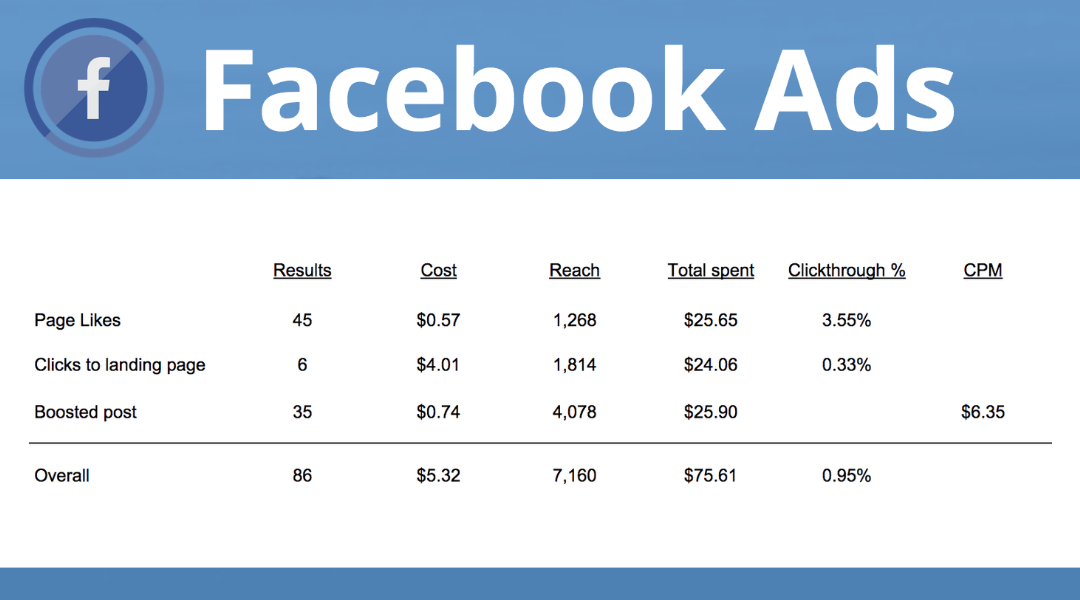 This option will be attractive for those who do not want to keep track of every second spent on the project, and are confident in the quality of their audience and their influence.
This option will be attractive for those who do not want to keep track of every second spent on the project, and are confident in the quality of their audience and their influence. But it is important to understand that there is a certain relationship between the number of subscribers and engagement. As a rule, the more followers, the less engagement on the account. This is due to many factors, including the fact that subscribers believe that if there are more than 30K+ likes on a post, then you don’t need them anymore.
To calculate how much a blogger should charge for advertising, taking into account engagement, follow the following scheme:
- Calculate the average number of likes per post. For calculation it is recommended to take into account the last 12 posts. Output the total number of likes and divide by 12.
- Determine the average number of likes by counting all the comments under the last 12 posts and dividing the number by the number of posts.

- Calculate the average number of activities per post by adding the average number of likes and comments.
Next, you can determine for yourself the optimal cost for one user activity and calculate how much it will cost to place a post with you.
For example:
- average number of likes under posts 3000;
- average number of comments 75;
- total activity of users under post 3075,
- the selected price for one activity is $0.1.
Total: posting will cost $307.5 (3075 x 0.1).
You can automatically calculate engagement and get a lot of other useful statistical information about your profile through trendHERO.
Because comments require more effort from users, you can set separate fees for likes and comments if you wish. Remember also that brands always like to get more than they planned. Offer a discount, several posts instead of one, additional content with a product as a courtesy.
Payment by CPM
The third option is to calculate the cost of advertising by CPM.
 CPM (abbr. from Cost per mille) is a marketing term that shows the cost per thousand impressions or subscribers, taking into account their engagement.
CPM (abbr. from Cost per mille) is a marketing term that shows the cost per thousand impressions or subscribers, taking into account their engagement. To calculate your CPM payment, follow a few simple steps.
Step 1: Calculate Engagement
First of all, you need to calculate the level of engagement on your account. For this you need:
- Add up the average number of likes and comments per post.
- Divide the resulting value by the number of followers on the account and multiply by 100%.
Average cost of payment for 1000 impressions difference depending on the level of engagement of subscribers:
- 1.5-3% participation - 5 USD;
- 3-5% - 7 USD;
- 5-8% - 10 USD;
- > 8% - 15 USD.
Step 2: Follower count
Next, divide the number of followers by 1000. For example, if you have 250K followers in your account, then the value for the formula CPM will be 250.
Step 3: CPM calculation
Now all that remains is to substitute the obtained values into the formula and calculate:
- Advertising price = CPM value by engagement level x per subscriber rate.
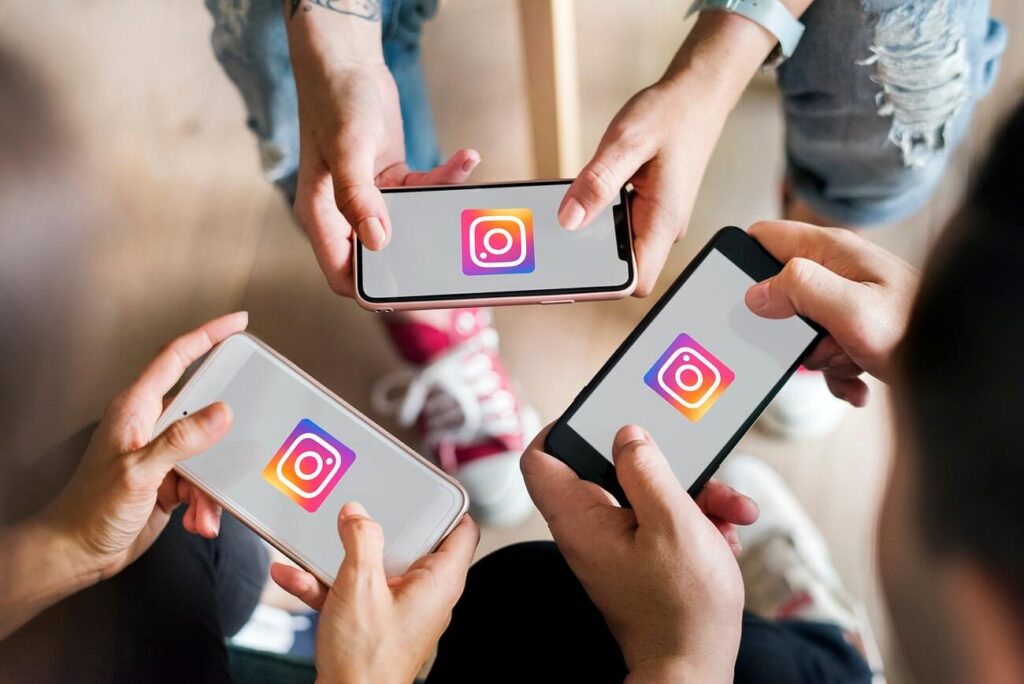
For example, let's take an account with 25K followers and 3-5% engagement. The calculations for it will look like this:
- 7 USD x 25 = 175 USD per post.
Brands also often use pay per 1000 impressions. To calculate the CPM in this case, you should:
- Take the average number of impressions a post gets and divide by 1000.
- Multiply the resulting value by the cost per impression. The average cost is 20 USD, which formally means 2 cents per impression.
Calculation example for an account where 20000 is the average number of impressions: (20000/1000) x 20 = 20 x 20 = 400 USD.
As a rule, the engagement and impressions for Stories and regular posts are different. Therefore, for each specific ad format, you should display its own cost. Sometimes the cost of placement may be intentionally increased compared to the base rate. For example, if it takes many times more time and skills to create an advertising publication for all brand requirements than for a regular one.

Other methods
There are several other ways to determine the optimal cost of advertising in your account. The methods below do not require special calculations, but make it easy to navigate the market situation.
Use the calculator
You can use online calculators to calculate the cost of a sponsored post. It is convenient, simple and does not require much time. But you have to trust the average formula derived by professionals.
For example, the mafluence.com service allows you to calculate the cost of advertising based on the number of subscribers, their activity, engagement level, and many other factors. To make a calculation, you only need to specify a nickname.
The calculator from influencermarketinghub.com works in much the same way. With it, you can also calculate the approximate cost of advertising based on the number of subscribers, their involvement, and some other statistics by entering only the account name in the appropriate line.
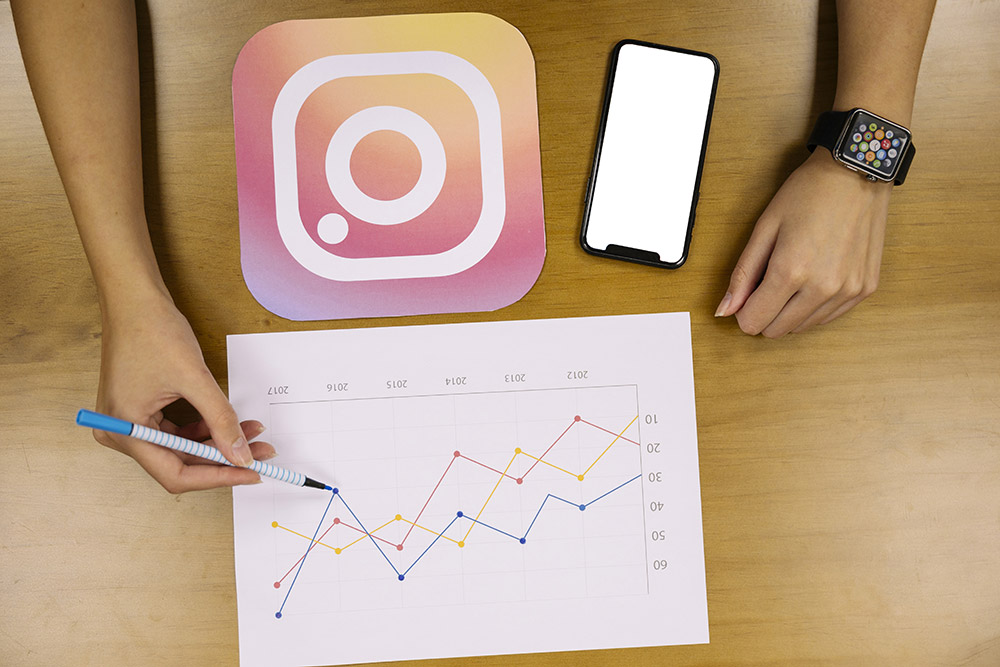
Monitor competitors
You can determine the approximate cost per post by analyzing competitors. You can find out the cost of placing an advertising post directly, for example, by asking the owner of another account, or by searching for prices in chats and customer groups, on advertising exchanges.
Knowing the cost of advertising in accounts like yours, you can also create competitive offers for advertisers by offering discounts or slightly more material for the same cost.
Specify the budget of the brand
Any negotiations on cooperation should begin with the clarification of the customer's budget. Of course, you should already have your own minimum bar calculated, below which you would not cooperate. But it’s still worth considering the brand’s budget.
Knowing the brand's budget, you can act in several scenarios:
- Develop an offer based on the brand's needs and budget.
- Reduce the time spent on creating content and thereby reduce the cost of advertising for the brand.

- Get more than originally planned if the customer's budget is more than the standard cost of placement in your account.
It may also happen that the applied brand does not have an advertising budget. Of course, unpaid work does not pay bills, but sometimes it is worth accepting such offers. Especially if you need experience and feedback.
Some brands offer barter, interesting collaborations, they are ready to provide free copies of their products in exchange for publication. And although such cooperation will be less profitable from a financial point of view, it can still be useful both for gaining experience and for establishing relationships.
In calculating the cost of advertising, everything is very individual. All influencers are at different levels, have their own strengths and weaknesses, and produce content of varying quality. The final cost of placement can be determined only by you. After all, only you know for sure how subscribers trust you, how long it takes to create high-quality content, and how real the activity in the profile is.
